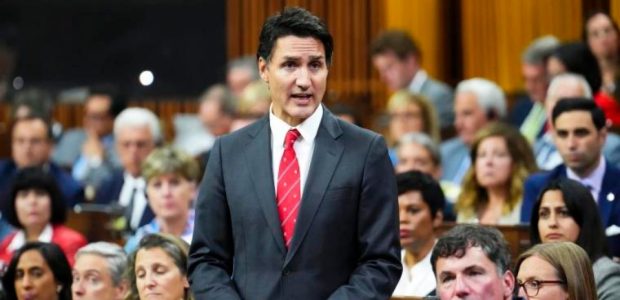
In an extraordinary move, Canada expels Indian Diplomat, marking a significant departure from the usual practice of discreet expulsions involving Indian intelligence operatives. This expulsion is exceptional not only due to its public nature but also because it involves a country with a history of strong security cooperation with India.
The diplomatic rift emerged following the killing of Khalistani leader Hardeep Singh Nijjar in June, an event that had already strained relations. Prime Minister Justin Trudeau, addressing Canada’s Parliament, revealed “credible allegations” of a potential link between Indian government agents and Nijjar’s murder. He went on to expel a high-ranking Indian diplomat, identified as Pavan Kumar Rai, head of the Research and Analysis Wing (RAW) in Canada.
India, however, swiftly rejected these allegations as “absurd and motivated,” emphasizing that such claims aim to divert attention from Khalistani terrorists harbored in Canada who pose a threat to India’s sovereignty.
This unprecedented episode is causing a diplomatic stir, as Canada and India have had a long-standing partnership in counter-terrorism. The public expulsion and accusations challenge the traditional norms of such sensitive matters and raise concerns about their potential impact on bilateral relations.
The Indian government has urged the Canadian authorities to address anti-India elements operating within their borders, emphasizing the need for prompt and effective legal action against those posing a threat to India’s security.